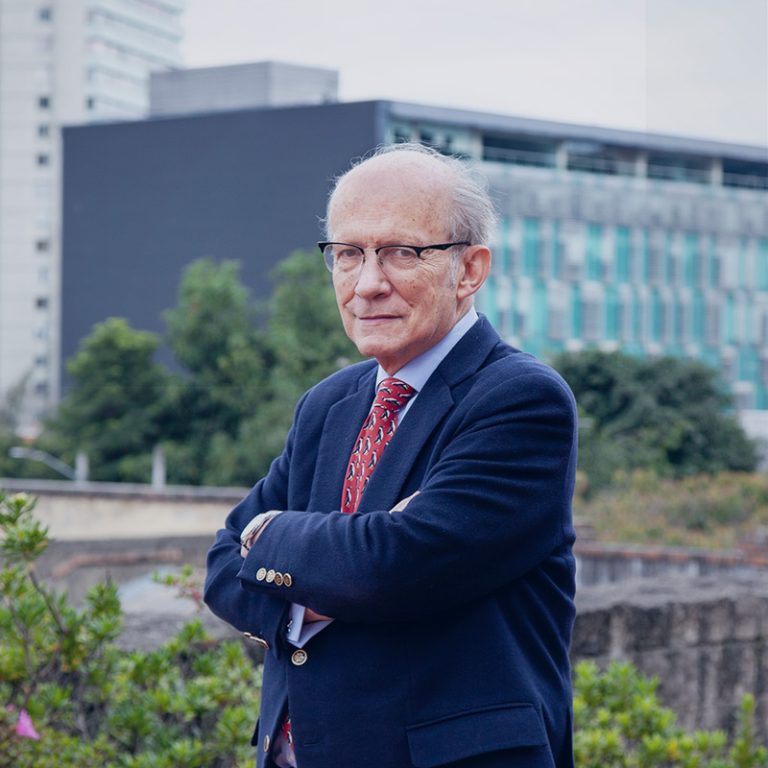¿Qué tan seguros estamos del fenómeno de cambio climático de origen humano? ¿En qué consiste esta amenaza global? ¿Hay científicos e instituciones que niegan su existencia? ¿Ya se ven y se sienten sus efectos? ¿Se quebrará la economía al intentar detener u revertir el cambio climático? ¿Ya contamos con tecnologías suficientes para las enormes reducciones requeridas de emisión de gases de efecto invernadero? ¿Por qué es tan importante detener la deforestación? ¿Qué hacer con los impactos que inevitablemente se producirán, así seamos exitosos con la mitigación? Estos son algunos de los interrogantes que intenta resolver este libro que, para facilitar y hacer amena su aproximación por parte del lector, está organizado en la forma de pregunta – respuesta. Se trata de un texto de lectura sencilla, que se basa en el mejor conocimiento disponible, con el de aproximarse al que es, quizás, el problema de más compleja solución de todos los tiempos –juzgado desde las perspectivas económica, social, tecnológica y política- y que, por ello mismo, es difícil comprender por parte de la ciudadanía. Es un problema que, desde hace veinte años, ha llevado a los países del mundo a intentar su solución mediante un acuerdo global, que se expresa hoy en el ámbito de la Conferencia de Copenhague y de las negociaciones que le siguen.
How sure are we about the phenomenon of climate change of human origin? What is this global threat? Are there scientists and institutions that deny its existence? Are its effects already seen and felt? Will the economy go bankrupt trying to stop or reverse climate change? Do we already have enough technologies for the huge greenhouse gas emission reductions required? Why is stopping deforestation so important? What to do with the impacts that will inevitably occur, even if we are successful with mitigation? These are some of the questions that this book tries to solve, which, to facilitate and make it more pleasant for the reader, is organized in the form of a question – answer. It is a text of simple reading, which is based on the best available knowledge, in order to approach what is, perhaps, the problem with the most complex solution of all time – judged from the economic, social, technological and political perspectives – and that, for this reason, it is difficult for citizens to understand. It is a problem that, for twenty years, has led the countries of the world to try to solve it through a global agreement, which is expressed today in the context of the Copenhagen Conference and the negotiations that follow.



